Good Question
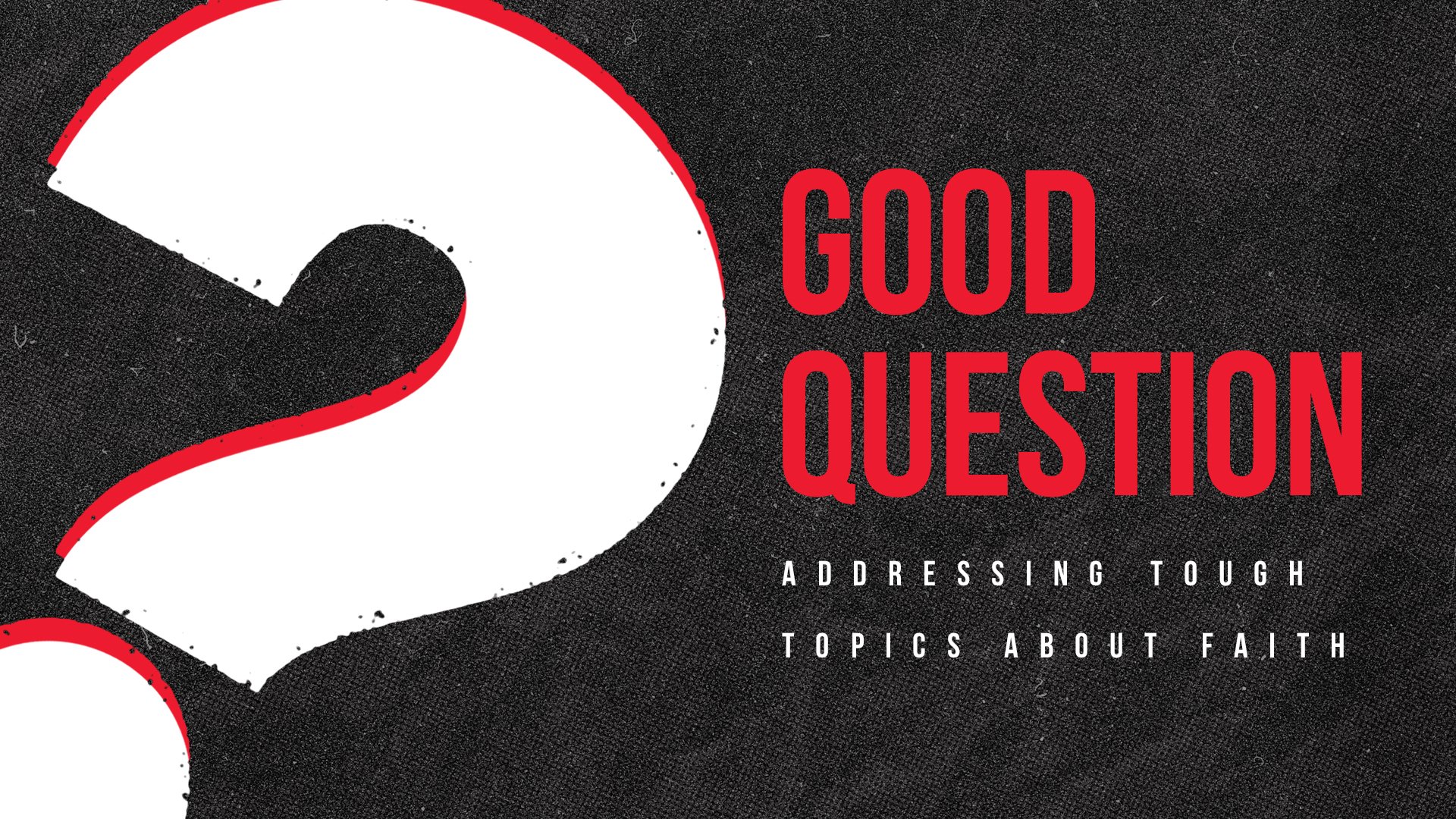
Recommended Resources
By N.T. Wright
New Testament scholar N.T. Wright reveals how we have been misreading the Gospels for centuries, powerfully restoring the lost central story of the Scripture: that the coronation of God through the acts of Jesus was the climax of human history. Wright fills the gaps that centuries of misdirection have opened up in our collective spiritual story, tracing a narrative from Eden, to Jesus, to today. Wright’s powerful re-reading of the Gospels helps us re-align the focus of our spiritual beliefs, which have for too long been focused on the afterlife. Instead, the forgotten story of the Gospels reveals why we should understand that our real charge is to sustain and cooperating with God's kingdom here and now. Echoing the triumphs of Simply Christian and The Meaning of Jesus, Wright’s How God Became King is required reading for any Christian searching to understand their mission in the world today.
By Lee C. Camp
Christian identity is in moral and political crisis, scandalized by the many ways in which it has been coopted and misrepresented. Addressing this painful reality, Lee Camp writes that Christianity in America has been made into a bad public joke because of “our failure to rightly understand what Christianity is.” From this provocative claim, Camp’s manifesto makes the convincing case that a renewed Christian politic is more essential than ever, one that is “neither left nor right nor religious,” but a prophetic way of life modeled after Jesus of Nazareth. Camp’s robust vision exposes modern parodies of faith—the American concept of “Christian values,” for one—and challenges Christians to rethink who they are and how they participate in the modern world. Authentic gospel truth is a scandal to the American myth, he argues, and we are called to be scandalous witnesses.
By Chris Wright
If we are honest, we have to admit that there are many things we don’t understand about God. We do not have final answers to the deep problems of life, and those who say they do are probably living in some degree of delusion. There are areas of mystery in our Christian faith that lie beyond the keenest scholarship or even the most profound spiritual exercises. For many people, these problems raise so many questions and uncertainties that faith itself becomes a struggle, and the very person and character of God are called into question. Chris Wright encourages us to face up to the limitations of our understanding and to acknowledge the pain and grief they can often cause. But at the same time, he wants us to be able to say, like the psalmist in Psalm 73: “But that’s all right. God is ultimately in charge and I can trust him to put things right. Meanwhile, I will stay near to my God, make him my refuge, and go on telling of his deeds.”
By Alister McGrath
ECPA 2014 Christian Book Award Winner (Non-Fiction)!
Fifty years after his death, C. S. Lewis continues to inspire and fascinate millions. His legacy remains varied and vast. He was a towering intellectual figure, a popular fiction author who inspired a global movie franchise around the world of Narnia, and an atheist-turned-Christian thinker.
In C.S. Lewis—A Life, Alister McGrath, prolific author and respected professor at King’s College of London, paints a definitive portrait of the life of C. S. Lewis. After thoroughly examining recently published Lewis correspondence, Alister challenges some of the previously held beliefs about the exact timing of Lewis’s shift from atheism to theism and then to Christianity. He paints a portrait of an eccentric thinker who became an inspiring, though reluctant, prophet for our times.
You won’t want to miss this fascinating portrait of a creative genius who inspired generations.
By Timothy Keller
The question of why God would allow pain and suffering in the world has vexed believers and nonbelievers for millennia. Timothy Keller, whose books have sold millions of copies to both religious and secular readers, takes on this enduring issue and shows that there is meaning and reason behind our pain and suffering, making a forceful and ground-breaking case that this essential part of the human experience can be overcome only by understanding our relationship with God.
Walking with God through Pain and Suffering uses biblical wisdom and personal stories of overcoming adversity to bring a much-needed, fresh viewpoint to this important issue.
SEE LESS
By Paul Barnett
The historical claims of the New Testament--that Jesus performed miracles, fulfilled prophecy, died and rose again, and ascended into heaven--come to us as received tradition, and we receive them in faith, trusting that the New Testament is indeed an inspired collection of writings, that it indeed tells us the truth.
Increasingly, the reliability of not just the New Testament but really any document of history is called into question. If everyone writes from a point of view and with an agenda, can we reasonably expect any historical account to be objective--to tell us the truth?
In this newly revised edition of Is the New Testament Reliable? Paul Barnett defends the task of the historian and the concept of history. He then addresses questions about the New Testament of importance to people of faith and skeptics alike:
How close in time are the New Testament documents to the life of Jesus?
Why should we believe the writings of "biased" early Christians?
Were any of the writers of the New Testament books eyewitnesses to the events it records?
How can we know that what was originally written has not been altered through the centuries?
It is no small thing to trust ancient claims, but Barnett shows that we can take confidence in the New Testament, for it tells us the truth.
By Richard Bauckham
This critically acclaimed work argues that the four Gospels are based on the eyewitness testimony of those who personally knew Jesus. Noted New Testament scholar Richard Bauckham challenges the prevailing assumption that the stories about Jesus circulated as "anonymous community traditions," asserting instead that they were transmitted in the names of the original eyewitnesses.To drive home this point, Bauckham draws on internal literary evidence, the use of personal names in first-century Jewish Palestine, and recent developments in the understanding of oral tradition. Jesus and the Eyewitnesses also taps into the rich resources of modern study of memory, especially in cognitive psychology, refuting the conclusions of the form critics and calling New Testament scholarship to make a clean break with that long-dominant tradition. Finally, Bauckham challenges readers to end the classic division between the "historical Jesus" and the "Christ of faith," proposing instead the "Jesus of testimony" as presented by the Gospels.In this expanded second edition Bauckham has added a new preface, three substantial new chapters that respond to critics and clarify key points of his argument, and a comprehensive new bibliography.
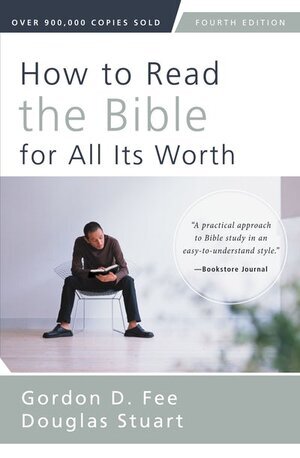
By Gordon D. Fee and Douglas Stuart
Understanding the Bible isn’t for the few, the gifted, the scholarly. The Bible is accessible. It’s meant to be read and comprehended by everyone from armchair readers to seminary students. A few essential insights into the Bible can clear up a lot of misconceptions and help you grasp the meaning of Scripture and its application to your twenty-first-century life.
More than three quarters of a million people have turned to How to Read the Bible for All Its Worth to inform their reading of the Bible. This fourth edition features revisions that keep pace with current scholarship, resources, and culture. Changes include:
Updated language for better readability
Scripture references now appear only in brackets at the end of a sentence or paragraph, helping you read the Bible as you would read any book—without the numbers
A new authors’ preface
Redesigned and updated diagrams
Updated list of recommended commentaries and resources
Covering everything from translational concerns to different genres of biblical writing, How to Read the Bible for All Its Worth is used all around the world. In clear, simple language, it helps you accurately understand the different parts of the Bible—their meaning for ancient audiences and their implications for you today—so you can uncover the inexhaustible worth that is in God’s Word.
By Lee Strobel
In this revised and updated bestseller, The Case for Christ, Lee Strobel cross-examines a dozen experts with doctorates from schools such as Cambridge, Princeton, and Brandeis, asking hard-hitting questions--and building a captivating case for Christ's divinity.
Strobel asks challenging questions like:
How reliable is the New Testament?
Does evidence for Jesus exist outside the Bible?
Is Jesus who he said he was?
Is there any reason to believe the resurrection was an actual event?
Winner of the Gold Medallion Book Award and twice nominated for the Christian Book of the Year Award, Strobel's tough, point-blank questions read like a captivating, fast-paced novel. But it's not fiction. It's a riveting quest for the truth about history's most compelling figure.
This edition includes scores of revisions and additions, including updated material on archaeological and manuscript discoveries, fresh recommendations for further study, and an interview with the author that tells dramatic stories about the book's impact, provides behind-the-scenes information, and responds to critiques of the book by skeptics.
By Joshua Ryan Butler
How can a loving God send people to hell? Isn’t it arrogant to believe Jesus is the only way to God? What is up with holy war in the Old Testament?
Many of us fear God has some skeletons in the closet. Hell, judgment, and holy war are hot topics for the Christian faith that have a way of igniting fierce debate far and wide. These hard questions leave many wondering whether God is really good and can truly be trusted.
The Skeletons in God's Closet confronts our popular caricatures of these difficult topics with the beauty and power of the real thing. Josh Butler reveals that these subjects are consistent with, rather than contradictory to, the goodness of God. He explores Scripture to reveal the plotlines that make sense of these tough topics in light of God’s goodness. From fresh angles, Josh deals powerfully with such difficult passages as:
By Brian D. McLaren
Sixty-five million adults in the U.S. have dropped out of active church attendance and about 2.7 million more are leaving every year. Faith After Doubt is for the millions of people around the world who feel that their faith is falling apart.
Using his own story and the stories of a diverse group of struggling believers, Brian D. McLaren, a former pastor and now an author, speaker, and activist shows how old assumptions are being challenged in nearly every area of human life, not just theology and spirituality. He proposes a four-stage model of faith development in which questions and doubt are not the enemy of faith, but rather a portal to a more mature and fruitful kind of faith. The four stages—Simplicity, Complexity, Perplexity, and Harmony—offer a path forward that can help sincere and thoughtful people leave behind unnecessary baggage and intensify their commitment to what matters most.
Science and faith are often seen as being in opposition. In this book, award-winning sociologist Elaine Howard Ecklund questions this assumption based on research she has conducted over the past fifteen years. She highlights the ways these two spheres point to universal human values, showing readers they don't have to choose between science and Christianity.
Breathing fresh air into debates that have consisted of more opinions than data, Ecklund offers insights uncovered by her research and shares her own story of personal challenges and lessons. In the areas most rife with conflict--the origins of the universe, evolution, climate change, and genetic technology--readers will find fascinating points of convergence in eight virtues of human existence: curiosity, doubt, humility, creativity, healing, awe, shalom, and gratitude. The book includes discussion questions for group use and to help pastors, small group leaders, and congregants broach controversial topics and bridge the science-faith divide.
By Dallas Willard
The revered Christian author whose bestselling classics include The Divine Conspiracy and The Spirit of the Disciplines provides a new model for how we can present the Christian faith to others.
When Christians share their faith, they often appeal to reason, logic, and the truth of doctrine. But these tactics often are not effective. A better approach to spread Christ’s word, Dallas Willard suggests, is to use the example of our own lives. To demonstrate Jesus’s message, we must be transformed people living out a life reflective of Jesus himself, a life of love, humility, and gentleness.
This beautiful model of life—this allure of gentleness—Willard argues, is the foundation for making the most compelling argument for Christianity, one that will convince others that there is something special about Christianity and the Jesus we follow.
By Hillary Ferrer
Mama Bear Apologetics® is the book you’ve been looking for. This mom-to-mom guide will equip you to teach your kids how to form their own biblical beliefs about what is true and what is false. Through transparent life stories and clear, practical applications—including prayer strategies—this band of Mama Bears offers you tools to train yourself, so you can turn around and train your kids.
Are you ready to answer the rallying cry, “Mess with our kids and we will demolish your arguments”? Join the Mama Bears and raise your voice to protect your kids—by teaching them how to think through and address the issues head-on, yet with gentleness and respect.
Polkinghorne discusses belief in God, chaos, evolution, miracles, and prayer, and gives an answer to the question: Can a scientist believe?
By Francis S. Collins
It has long been believed that science and faith cannot mingle. Faith rejects the rational, while science restricts us to a life with no meaning beyond the physical. It is an irreconcilable war between two polar-opposite ways of thinking and living. Written for believers, agnostics, and atheists alike, The Language of God provides a testament to the power of faith in the midst of suffering without faltering from its logical stride. Readers will be inspired by Collin’s personal story of struggling with doubt, as well as the many revelations of the wonder of God’s creation that will forever shape the way they view the world around them.
By Stephen C. Meyer
The New York Times bestselling author of Darwin’s Doubt, Stephen Meyer, presents groundbreaking scientific evidence of the existence of God, based on breakthroughs in physics, cosmology, and biology.
Beginning in the late 19th century, many intellectuals began to insist that scientific knowledge conflicts with traditional theistic belief—that science and belief in God are “at war.” Philosopher of science Stephen Meyer challenges this view by examining three scientific discoveries with decidedly theistic implications. Building on the case for the intelligent design of life that he developed in Signature in the Cell and Darwin’s Doubt, Meyer demonstrates how discoveries in cosmology and physics coupled with those in biology help to establish the identity of the designing intelligence behind life and the universe.
Meyer argues that theism—with its affirmation of a transcendent, intelligent and active creator—best explains the evidence we have concerning biological and cosmological origins. Previously Meyer refrained from attempting to answer questions about “who” might have designed life. Now he provides an evidence-based answer to perhaps the ultimate mystery of the universe. In so doing, he reveals a stunning conclusion: the data support not just the existence of an intelligent designer of some kind—but the existence of a personal God.
By Tim Muehlhoff and Richard Langer
We generally assume that those sitting around us in church share our beliefs. But when our personal convictions are contested by fellow Christians, everything changes. We feel attacked from behind. When other Christians doubt or deny our convictions, we don't experience it as a mere difference of opinion, but as a violation of an unspoken agreement.
Tim Muehlhoff and Rick Langer offer a guide to help Christians navigate disagreements with one another. In today's polarized context, Christians often have committed, biblical rationales for very different positions. How do we discern between core biblical convictions and secondary issues? How do we cultivate better understanding and compassion for those we disagree with? Muehlhoff and Langer provide lessons from conflict theory and church history on how to avoid the dangers of groupthink and how to negotiate differing biblical convictions to avoid church splits and repair interpersonal ruptures.
Christian unity is possible. Discover how we can navigate differences by speaking in both truth and love.
By Dr. Gregory A Boyd and Edward K Boyd
Greg Boyd and his father, Ed, were on opposite sides of a great divide. Greg was a newfound Christian, while his father was a longtime agnostic. So Greg offered his father an invitation: Ed could write with any questions on Christianity, and his son would offer a response.
Letters from a Skeptic contains this special correspondence. The letters tackle some of today's toughest challenges facing Christianity, including
Do all non-Christians go to hell?
How can we believe a man rose from the dead?
Why is the world so full of suffering?
How do we know the Bible was divinely inspired?
Does God know the future?
Each response offers insights into the big questions, while delivering intelligent answers that connect with both the heart and mind. Whether you're a skeptic, a believer, or just unsure, these letters can provide a practical, common-sense guide to the Christian faith.
By Timothy Keller
Timothy Keller, the founding pastor of Redeemer Presbyterian Church in New York City, addresses the frequent doubts that skeptics, and even ardent believers, have about religion. Using literature, philosophy, real-life conversations, and potent reasoning, Keller explains how the belief in a Christian God is, in fact, a sound and rational one. To true believers he offers a solid platform on which to stand their ground against the backlash to religion created by the Age of Skepticism. And to skeptics, atheists, and agnostics, he provides a challenging argument for pursuing the reason for God.
by N.T Wright
“Simply outstanding. It will confirm, challenge, and deepen your grasp of Christian faith and practice.”—Christianity Today
Christian scholar and Anglican bishop N. T. Wright’s best-known work, written in the tradition of C. S. Lewis’s Mere Christianity but for today’s generation—a rigorous and mind-expanding explanation of the essence of Christianity and why people believe—is available in paperback for the first time.
For two thousand years, Christianity has claimed to answer the mystery of human existence. Renowned biblical scholar and Anglican bishop N. T. Wright—the award-winning author Newsweek hails as “the world’s leading New Testament scholar”—argues that the Christian faith still holds the answers today.
Like C. S. Lewis did in his classic Mere Christianity, Wright makes the case for Christian faith for modern readers, whether you are a believer, an agnostic, schooled in a different spiritual tradition, or are a skeptical atheist suspicious of organized religion. Using clear, simple language to convey a profound message, he walks you through the Christian faith step-by-step and question by question, and reveals how basic inquiries such as Why is justice fair? Why are so many people pursuing spirituality? Why do we crave relationship? And why is beauty so beautiful? take us into the mystery of God and his plan for us and leave believers with a reason for renewed faith.
Provocative and insightful, with a discussion guide for individuals and groups, Simply Christian offers answers to expand and guide all of our lives.
Named the 2020 Beautiful Orthodoxy Book of the Year by Christianity Today
Christianity is the most widespread global belief system, and promises to remain so well into the future. But for many educated westerners, biblical Christianity is a dangerous idea—challenging some of their deepest beliefs.
Channeling state-of-the-art research, personal stories, and careful biblical study, Confronting Christianity explores 12 questions that keep many of us from considering faith in Christ. Look more closely, McLaughlin argues, and the reality of suffering, the complexity of sexuality, the desire for diversity, the success of science, and other seeming roadblocks to faith become signposts. Jesus becomes not a relic from the ancient world, but our modern world’s best hope.
By Francis Spufford
Francis Spufford's Unapologetic is a wonderfully pugnacious defense of Christianity. Refuting critics such as Richard Dawkins, Sam Harris, and the "new atheist" crowd, Spufford, a former atheist and Fellow of the Royal Society of Literature, argues that Christianity is recognizable, drawing on the deep and deeply ordinary vocabulary of human feeling, satisfying those who believe in it by offering a ruthlessly realistic account of the grown-up dignity of Christian experience.
Fans of C. S. Lewis, N. T. Wright, Marilynne Robinson, Mary Karr, Diana Butler Bass, Rob Bell, and James Martin will appreciate Spufford's crisp, lively, and abashedly defiant thesis.
Unapologetic is a book for believers who are fed up with being patronized, for non-believers curious about how faith can possibly work in the twenty-first century, and for anyone who feels there is something indefinably wrong, literalistic, anti-imaginative and intolerant about the way the atheist case is now being made.
by John Stott
Why Jesus?
Perhaps you have had the funny feeling that God wants to get your attention.
Or maybe you're intrigued with what you've heard about Jesus.
Or maybe you're simply looking for meaning and direction in your life.
John Stott spent a lifetime wrestling with questions about Jesus both personally and in dialogue with skeptics and seekers around the globe. Now in Why I Am a Christian he provides a compelling, persuasive case for considering the Christian faith.
If you take an honest look at Jesus, you will discover that following him gives you the purpose, identity and freedom you've been searching for—and far more than you have ever imagined.
By Justin Brierley
Conversations matter.
Yet, recently, good conversations about faith have been increasingly squeezed out of the public sphere.
Seeking to reopen the debate, Justin Brierley began to invite atheists and sceptics on to Premier Christian Radio to air arguments for and against the Christian faith.
But how has ten years of discussion with atheists affected the presenter’s faith?
Reflecting on conversations with Richard Dawkins, Derren Brown and many more, Justin explains why he still finds Christianity the most compelling explanation for life, the universe and everything. And why, regardless of belief or background, we should all welcome the conversation.
Pub Date: June 15, 2017
Physical Info: 0.51" H x 7.81" L x 5.06" W (0.53 lbs) 242 pages
C. S. Lewis
"Mere Christianity" is the most popular of C. S. This book brings together Lewis's legendary radio broadcast talks in which he set out simply "to explain and defend the belief that has been common to nearly all Christians at all times". Rejecting the boundaries that divide Christianity's many denominations, "Mere Christianity" is Lewis's term for the essential Christian message--the theological core on which diverse Christian traditions can stand together.







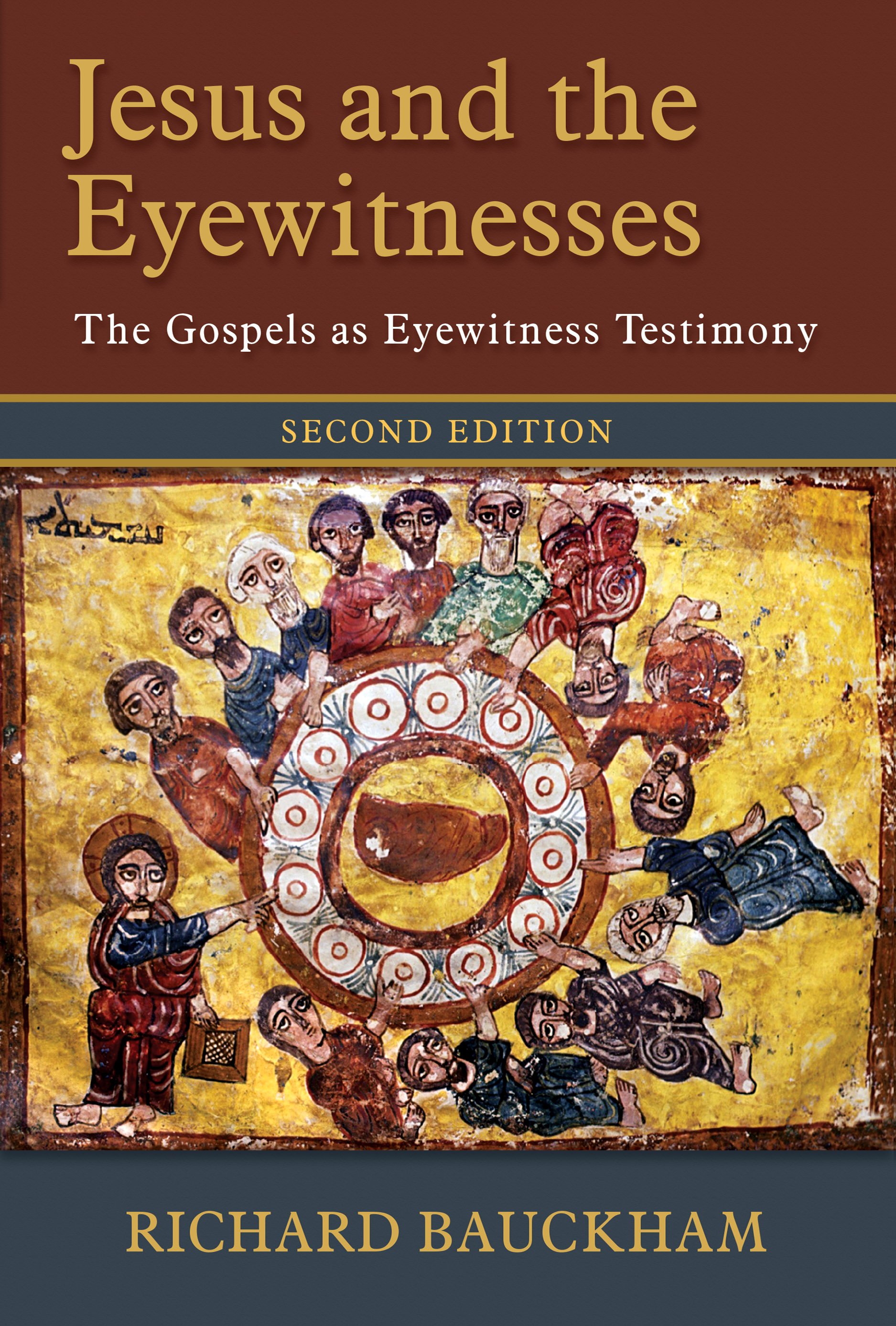







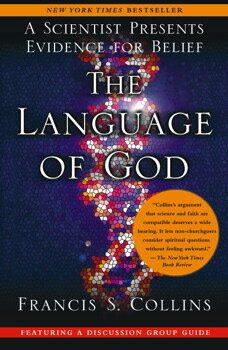
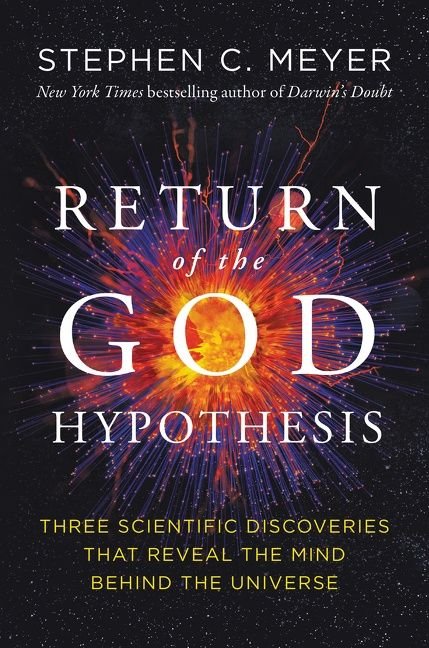

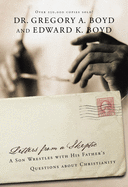

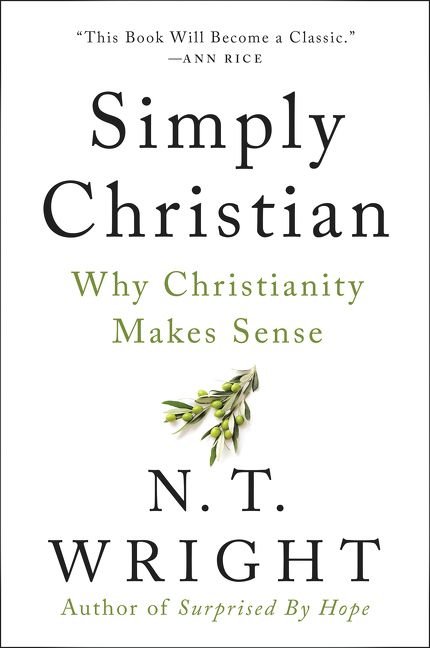
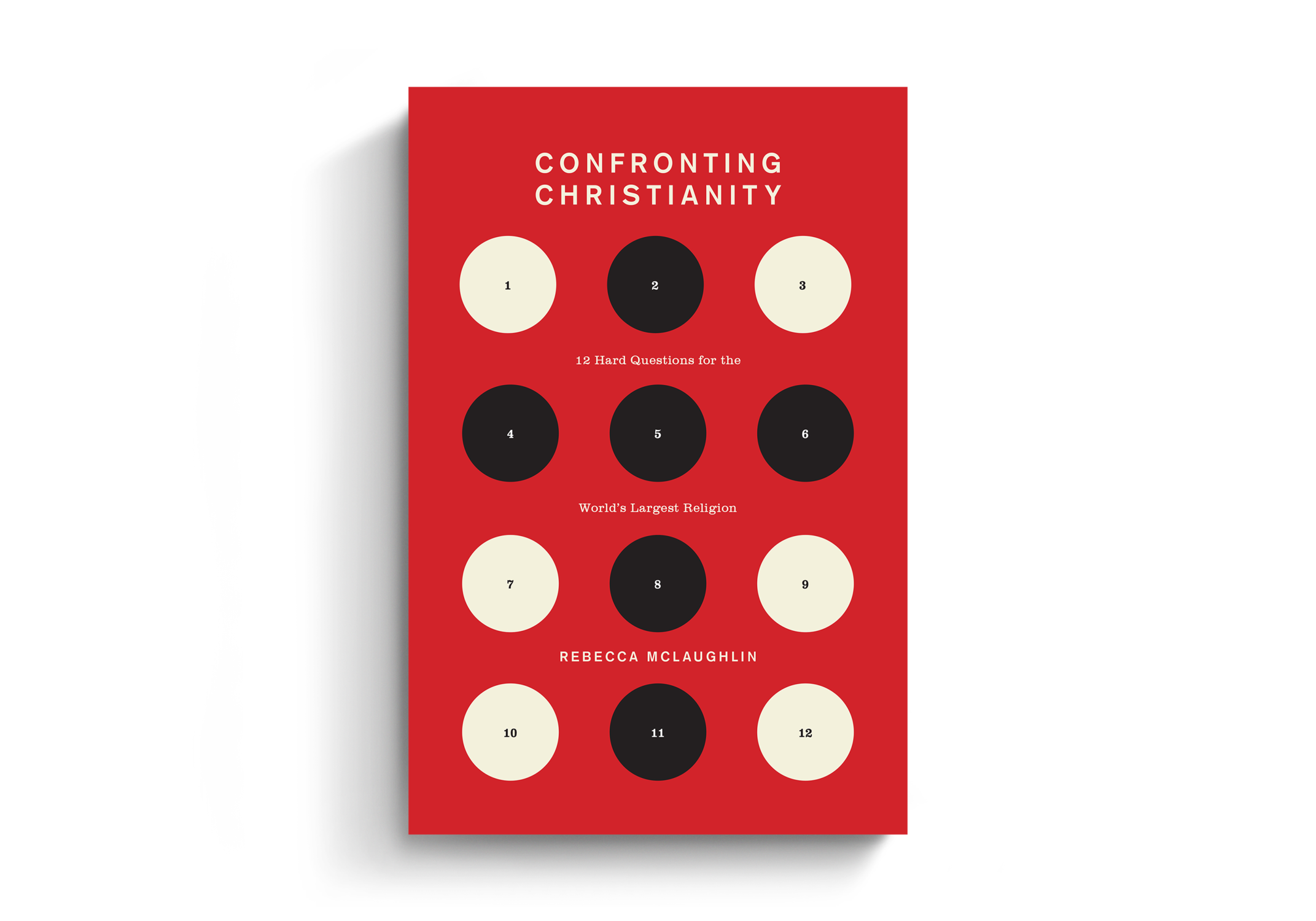




By C. S Lewis
The classic Weight of Glory by C.S. Lewis, the most important Christian writer of the 20th century, contains nine sermons delivered by Lewis during World War Two. The nine addresses in Weight of Glory offer guidance, inspiration, and a compassionate apologetic for the Christian faith during a time of great doubt.